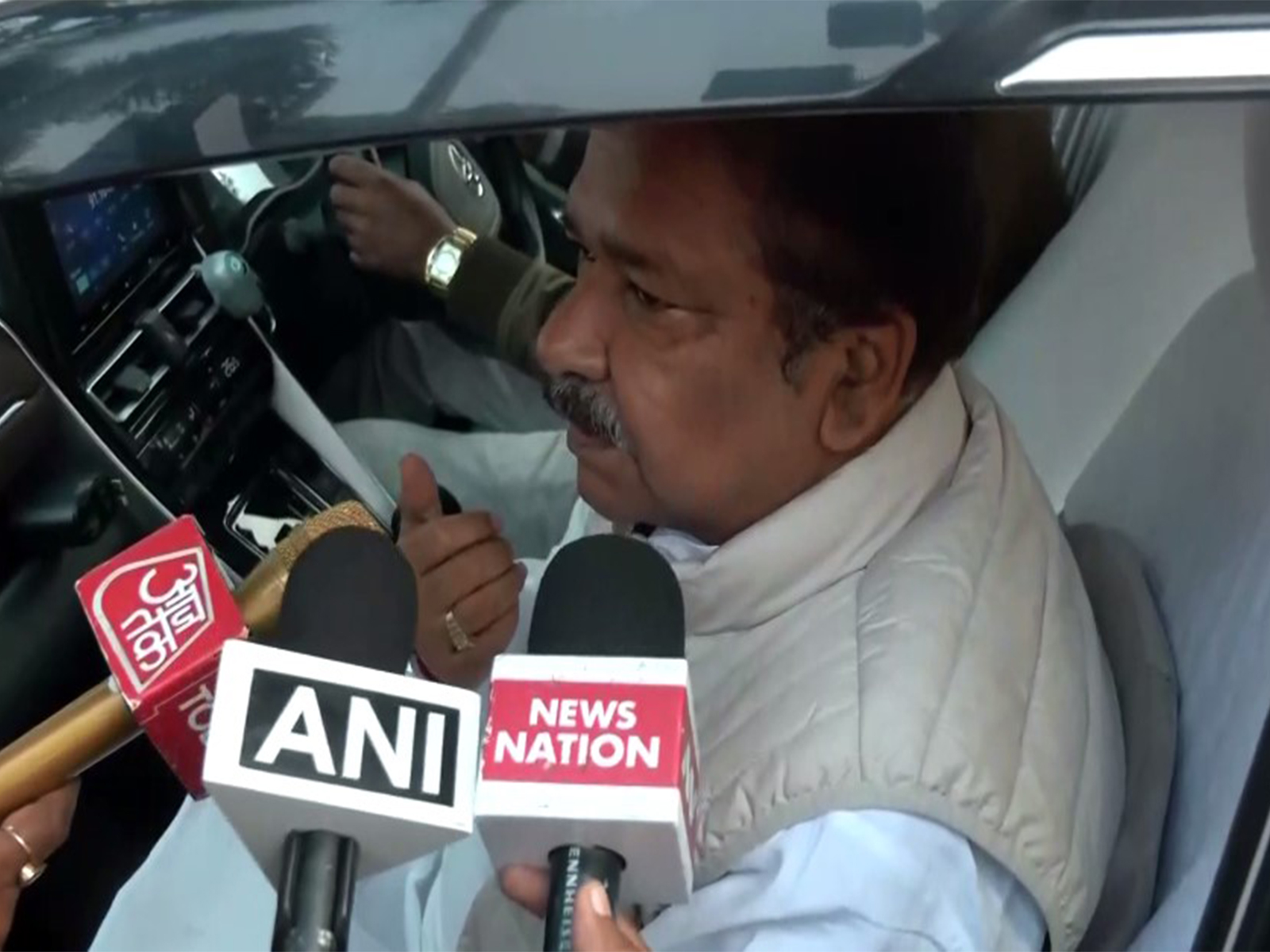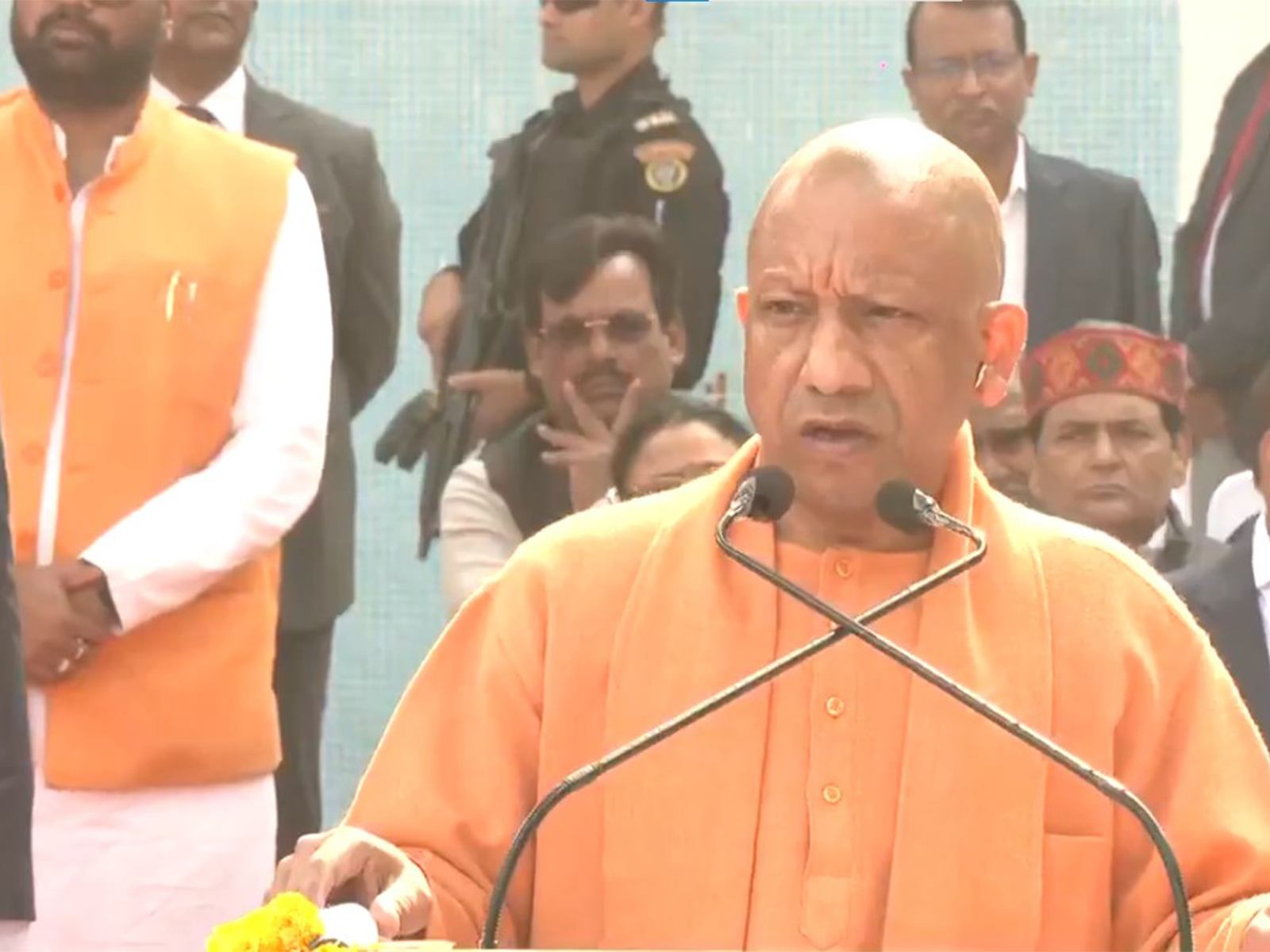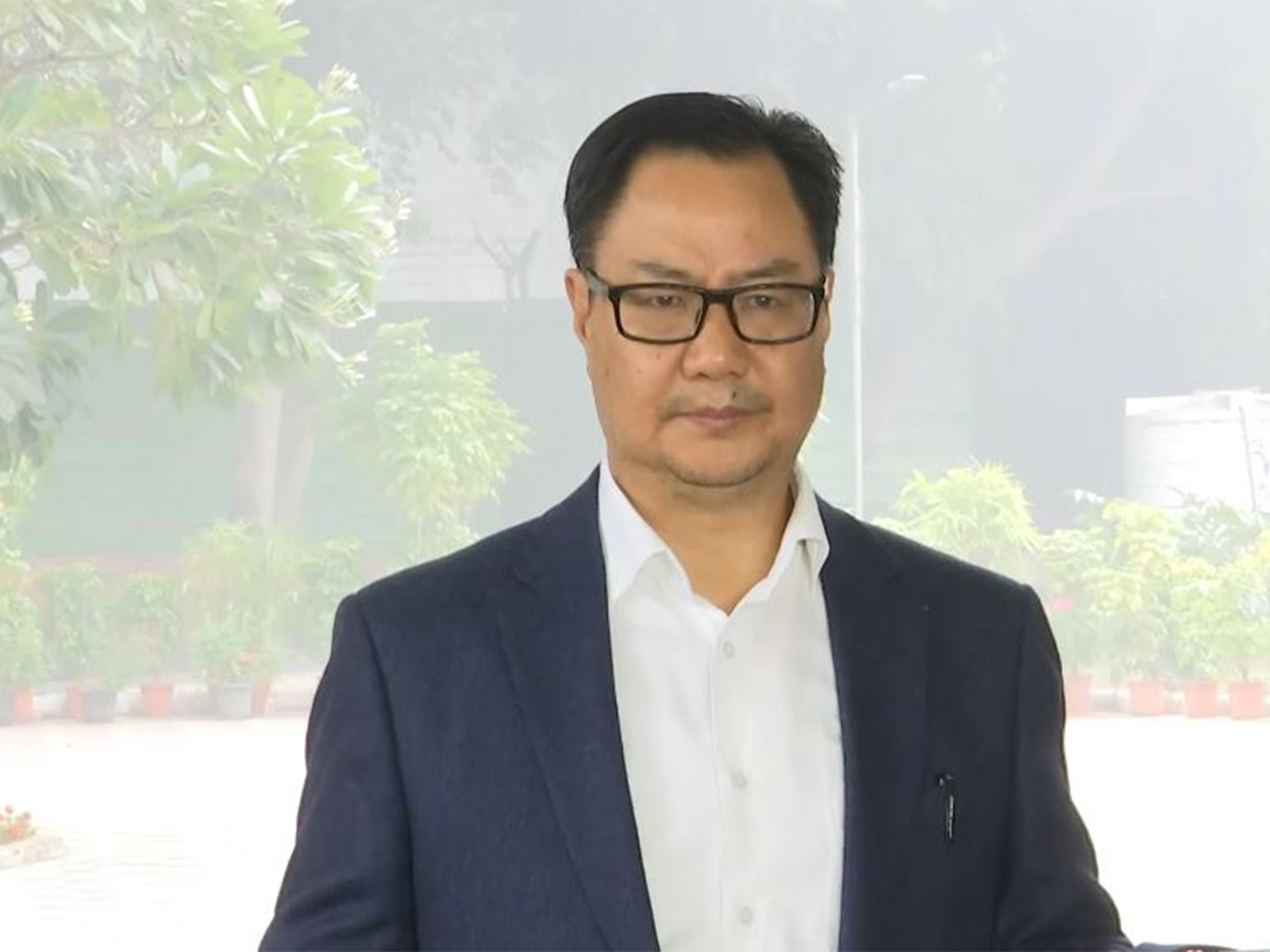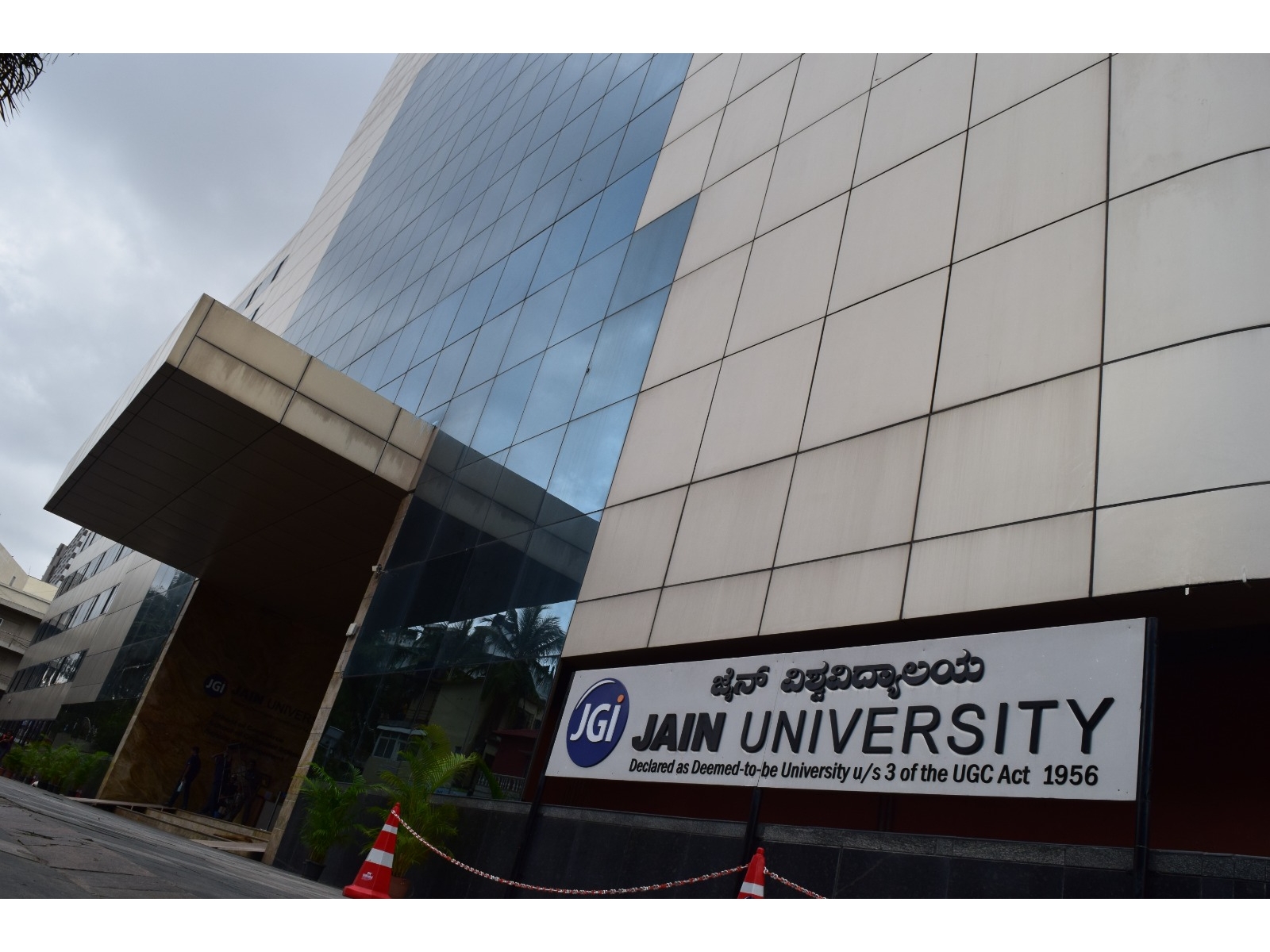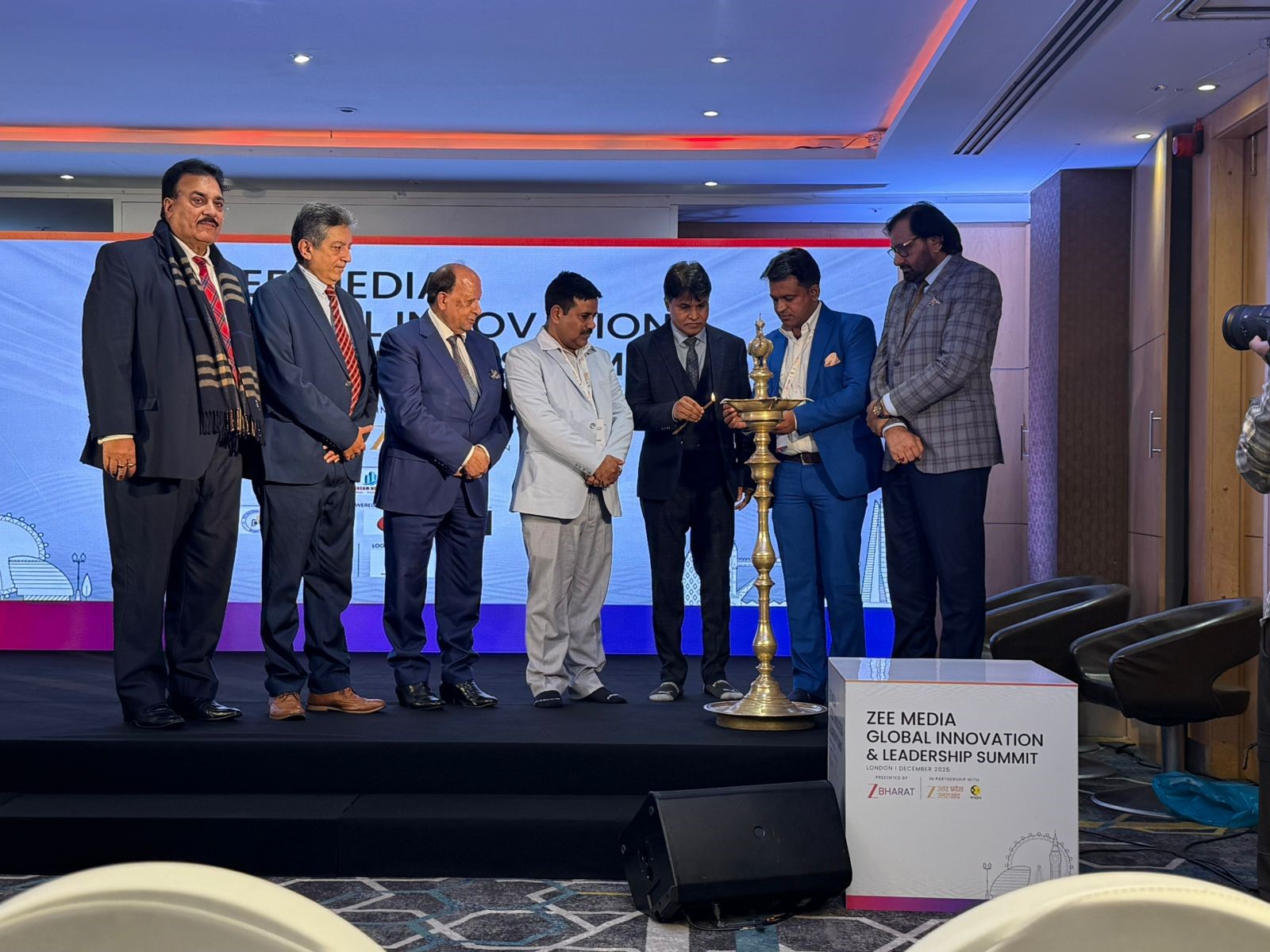"Mineral blocks will be auctioned after sanction from Centre": DM Salal after 5.9 million tonnes Lithium deposits found in J-K
Feb 10, 2023

Salal (Jammu and Kashmir) [India], February 10 : District Magistrate, Salal, Babila Rakwal on Friday said that the discovery of 5.9 million tonnes of lithium reserves for the first time in the country is a moment of happiness for the entire country, adding further, "when the government of India gives sanction, the mineral will be then sanctioned".
"Lithium mineral is imported. It is used in electric cars, Laptops and Mobiles," Babila Rakwal, District Magistrate Salal told ANI.
The Union Government on Thursday said that 5.9 million tonnes of lithium reserves had been found for the first time in the country in Jammu and Kashmir.
Lithium is a non-ferrous metal and is one of the key components in EV batteries.
DM Rakwal added that the Geological Survey of India has been working on this for the last five years. "We have taken inputs from geology and mining also".
"When the government of India sanctions this mineral, it will be sanctioned," Rakwal added.
"Geological Survey of India for the first time established Lithium inferred resources (G3) of 5.9 million tonnes in the Salal-Haimana area of the Reasi district of Jammu and Kashmir," the Ministry of Mines said on Thursday.
It further that 51 mineral blocks including Lithium and Gold were handed over to respective state governments.
"Out of these 51 mineral blocks, 5 blocks pertain to gold and other blocks pertain to commodities like potash, molybdenum, base metals etc. spread across 11 states of Jammu and Kashmir (UT), Andhra Pradesh, Chhattisgarh, Gujarat, Jharkhand, Karnataka, Madhya Pradesh, Odisha, Rajasthan, Tamil Nadu, and Telangana," the ministry added.
The blocks were prepared based on the work carried out by GSI from field seasons 2018-19 to till date.
Apart from these, 17 reports of Coal and Lignite with a total resource of 7897 million tonnes were also handed over to the Ministry of Coal.
Seven Publications on different themes and intervention areas in which GSI operates were also released during the meeting.
"The proposed Annual Programme for the ensuing Field Season 2023-24 was presented and discussed during the meeting. During the ensuing year 2023-24, GSI is taking up 966 programmes comprising 318 mineral exploration projects including 12 marine mineral investigation projects," the ministry further said.
The Geological Survey of India has formulated 115 projects on strategic and critical minerals and 16 projects on fertiliser minerals.
"55 programmes on geoinformatics, 140 programmes on fundamental and multidisciplinary geosciences, and 155 programs for training and institutional capacity building have also been taken up," the Mines ministry stated.
The Geological Survey of India (GSI) was established in 1851 to find coal deposits for the Railways. Over the years, GSI has not only grown into a repository of geo-science information required in various fields in the country but has also attained the status of a geo-scientific organisation of international repute.
Its main functions relate to creating and updating of national geoscientific information and mineral resource assessment. These objectives are achieved through ground surveys, air-borne and marine surveys, mineral prospecting and investigations, multi-disciplinary geoscientific, geo-technical, geo-environmental and natural hazards studies, glaciology, seismo-tectonic study and carrying out fundamental research.
GSI's chief role includes providing objective, impartial and up-to-date geological expertise and geoscientific information of all kinds, with a focus on policy-making decisions, and commercial and socio-economic needs.
